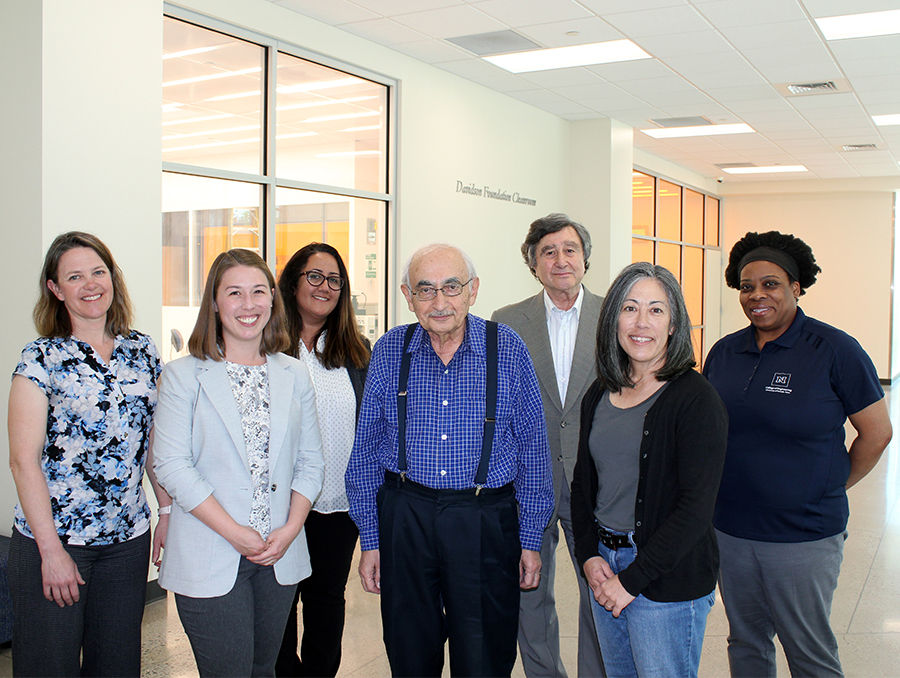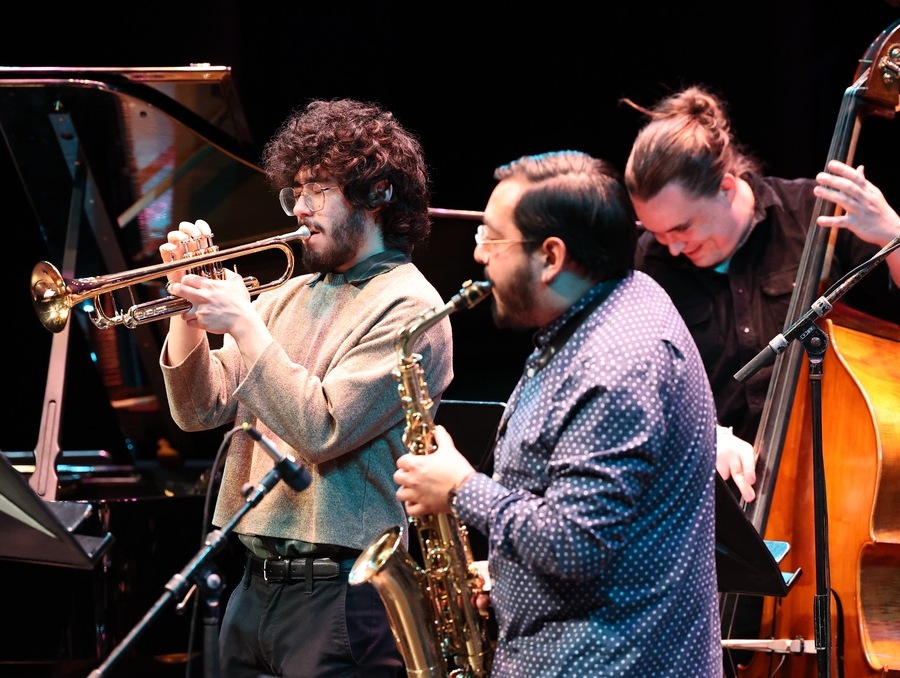Lella Gandini, U.S. liaison for the dissemination of the Reggio Emilia approach will be on campus August 22 to August 25.
While visiting, Gandini will be a co-presenter at a University sponsored conference titled, "Using Natural Materials in the Cycle of Inquiry," which professional educators from many parts of the country will attend. The conference takes place Aug. 24 from 5 p.m. until 7 p.m. and Aug. 25 from 9 a.m. until 4 p.m. in the William Raggio Building, Room 1003. She will also meet with various campus and community groups to discuss the Reggio Emilia approach.
The Reggio Emilia approach comes from the Northern Italian city of that name. This approach to the education of young children, from infancy through the preschool years, has gained world-wide prominence. Thousands of professionals from all over the world visit Reggio Emilia and learn about these programs every year.
One example of this approach is the emphasis on children's symbolic languages in the context of a project-oriented curriculum that is made possible through a carefully articulated, collaborative approach between adults and very young children. Projects are often carried out over long periods of time, sometimes months, and focus on in-depth learning. Children are seen as competent, strong, and capable of engaging in long-term, sustained projects that interest them.
Another feature of the Reggio Emilia approach is how critical the environment becomes as Infant-toddler and preschool centers are designed to promote children's inquiry as well as social interaction. There is a great emphasis on the aesthetic qualities of the environment, use of natural materials, and displays of documentation of the children's work. Each center includes a studio or atelier where children have many opportunities to express their learning through a variety of media – what is called their "hundred languages."
Reggio Emilia programs are strongly rooted in and linked to the community, which supports them in many ways. Parents and community members have become a vital part of the programs and are involved at all levels of the schools' operations. There is a collective sense that children are the responsibility of the entire community since they represent the community's future.
Gandini has been involved in Reggio Emilia programs for many years and is one of the leaders in their dissemination. She is the author of numerous books and articles about the Reggio Emilia approach and is an Adjunct Professor at the University of Massachusetts, Amherst.
The Child and Family Research Center at the University has been using the Reggio Emilia approach for about 10 years. In addition, classes in the Department of Human Development and Family Studies help university students learn in depth about this approach.
For more information please contact Calena Greenspan at (775) 682-7641 or calena@unr.edu.
Gandini's visit is sponsored by the Department of Human Development and Family Studies and the Child and Family Research Center, College of Health and Human Sciences.
Through education, research, and community outreach, the College of Health and Human Sciences is dedicated to the development of tomorrow's leaders who will help build a healthy Nevada through the prevention and resolution of the issues that challenge people's everyday lives.
Founded in 1874 as Nevada's oldest, land-grant university the University of Nevada, Reno has more than 16,000 students, four campuses and hosts Cooperative Extension services in all Nevada counties. It is ranked as one of the country's top 150 research institutions by the Carnegie Foundation, and is home to America's sixth-largest study abroad program, as well as the state's oldest and largest medical school.
NevadaToday











